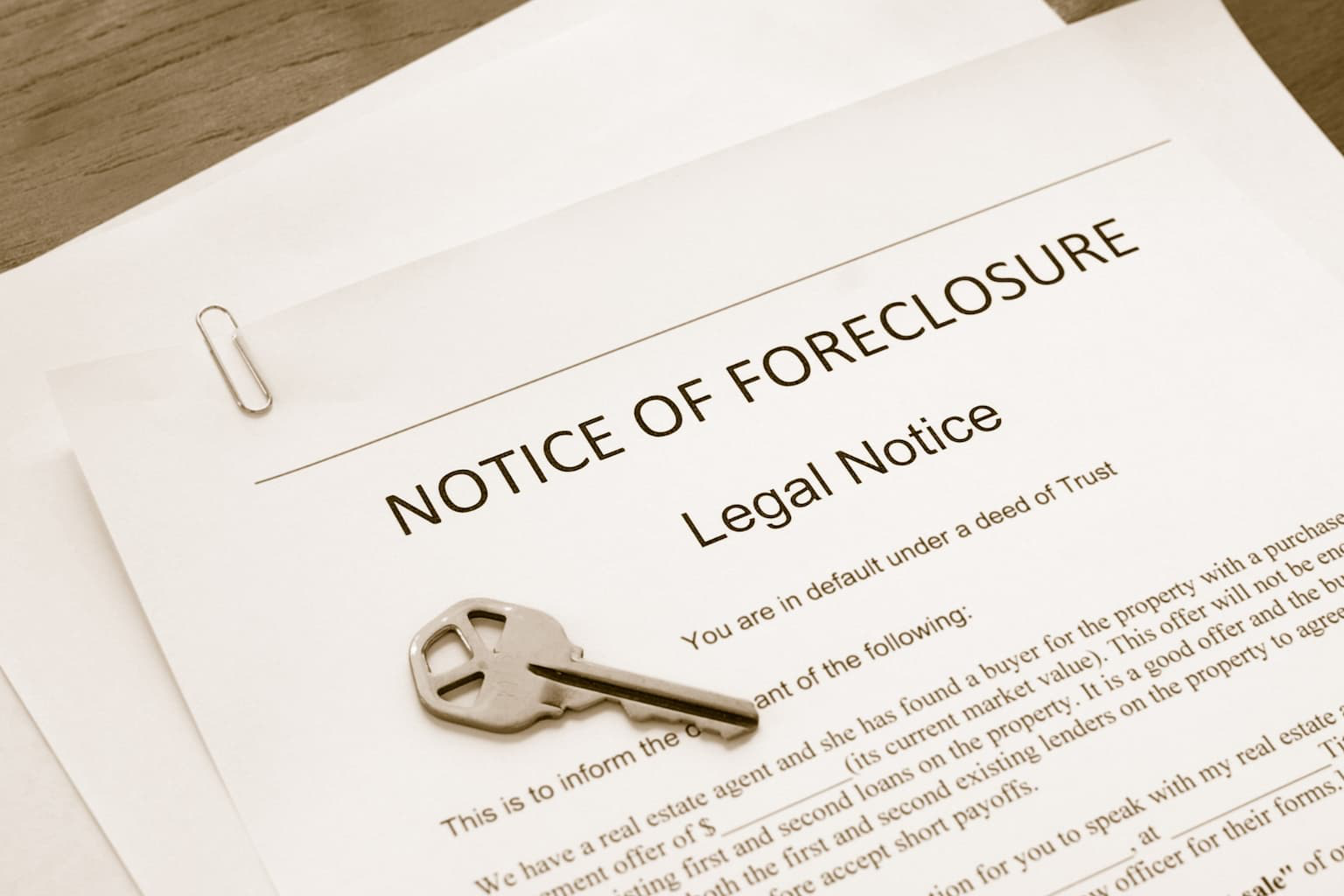Key Differences Between Foreclosure and Short Sale in California
When facing financial hardship in California, knowing the difference between foreclosure and a short sale is crucial. Foreclosure means the lender takes your home after missed payments, often damaging your credit and causing legal stress. A short sale, however, allows you to sell for less than what you owe, with the lender’s permission. This option may reduce credit damage and provide more control. Understanding the difference between foreclosure and short sale in California can help you make the best decision for your financial future.
Key Takeaways
- Foreclosure allows lenders to take over your home after defaulting, while a short sale involves selling it for less than owed, with lender approval.
- A short sale may help you avoid foreclosure in California and reduce damage to your credit.
- Foreclosures often end in auctions, while short sales require negotiation and approval.
- Credit scores drop more with foreclosure (200–300 points) than with short sales (50–100 points).
- Cancelled mortgage debt from a short sale might be taxable—consult a tax expert.
Understanding Foreclosure in California
When you fall behind on mortgage payments, foreclosure in California may begin. The lender will issue a Notice of Default, giving you time to resolve the issue.
If you can’t catch up, your lender can proceed with a public auction and sell your property. California follows a non-judicial process, allowing this issue to be resolved quickly, typically within a few months.
For a deeper understanding, you can watch this helpful video on the duration of a house being in foreclosure.

Unexpected but Popular: “Readers are loving Can You Sell a Home in Foreclosure Without an Agent — even if it’s not what you searched for.”
The Short Sale Process Explained
A short sale in California lets you sell your home for less than you owe on the mortgage. This option can help homeowners avoid foreclosure and minimize the damage to their credit.
Understanding Short Sale Basics
In a short sale, the lender agrees to accept less than what’s owed on the loan. While this option won’t completely erase financial struggles, it often has fewer long-term effects on your credit score than a foreclosure.
Working with an experienced real estate agent and understanding the short sale process in California can make the journey smoother.
Steps in a Short Sale
Step | Description | Why It Matters |
Gather Documents | Income, hardship letter, listing agreement | Builds your case for approval |
Hire an Agent | Choose a short sale expert | Speeds up the sale |
Receive Offers | Market and negotiate | Key to lender acceptance |
Submit to Lender | Send the complete offer packet | Lender approval needed |
Finalize Sale | Close once approved | End the mortgage obligation |
 Foreclosure vs Short Sale in California: What’s the Difference?
Foreclosure vs Short Sale in California: What’s the Difference?
Although both options help homeowners manage debt, they lead to different outcomes.
- Foreclosure is forced. The bank takes your home and sells it at auction.
- Short sale is voluntary. You list your home and work with the lender to sell it for less than what’s owed.
Choosing between foreclosure vs short sale in California depends on your goals—whether it's credit protection, peace of mind, or controlling the sale timeline.
Impact on Credit Scores: Which Affects You More?
One of the biggest concerns when comparing foreclosures and short sales is the impact on credit scores.
- Foreclosure may drop your score by 200 to 300 points.
- Short sale usually results in a 50 to 100 point drop.
A foreclosure stays on your credit report for up to seven years, while you might recover from a short sale in three years or less.

Lenders also view short sales more favorably, which can help you qualify for a future loan sooner. According to the Consumer Financial Protection Bureau, your credit report and score are critical when applying for new credit, so protecting them matters during financial hardship.
Tax Implications of a Short Sale in California
Cancellation of Debt May Be Taxed
When your lender forgives debt from the short sale, the IRS may treat it as taxable income. This is referred to as cancellation of debt income.
You may owe taxes unless you qualify for exclusions like:
- Insolvency
- Mortgage Forgiveness Debt Relief
- Primary residence exemptions (in some cases)

Consult a Tax Professional
Please always talk with a tax advisor. The tax implications of a short sale vary based on your specific situation and can have a significant impact on your finances.
The Role of Lenders in a Short Sale
Lenders must approve the short sale and often require:
- A hardship letter
- Proof of financial situation
- Detailed documentation
Being honest and organized speeds up the process. Building a cooperative relationship with your lender improves your chances of approval.
Alternatives to Foreclosure and Short Sale
If neither foreclosure nor a short sale feels right, other options include:
Loan Modification
Please ensure that you adjust your loan terms to lower your monthly payments.
Deed in Lieu of Foreclosure
You hand the home over to the lender voluntarily, avoiding the foreclosure process.

If you're located in areas like Arden-Arcade, CA, and looking to sell fast, visit our Arden-Arcade city page to learn more about local options.
Steps to Take When Facing Financial Hardship
You can take action before it’s too late. Here’s how to start:
- Track your budget – List all income and expenses.
- Prioritize bills – Focus on essentials like housing and food.
- Seek housing counseling – Nonprofit agencies can guide you.
- Talk to your lender – Many offer help if contacted early.
You can also review this step-by-step foreclosure prevention guide in California to understand your options and take control of the situation.
Being proactive is the best way to protect your home and your future.
Conclusion
When comparing foreclosure vs short sale in California, the key is understanding how each affects your credit, finances, and future opportunities. A short sale may be a better option if you're looking to minimize long-term damage and regain stability more quickly. Still, both options require thoughtful planning and expert guidance. Talk to a real estate professional, tax advisor, and your lender to make the right decision based on your unique situation.





